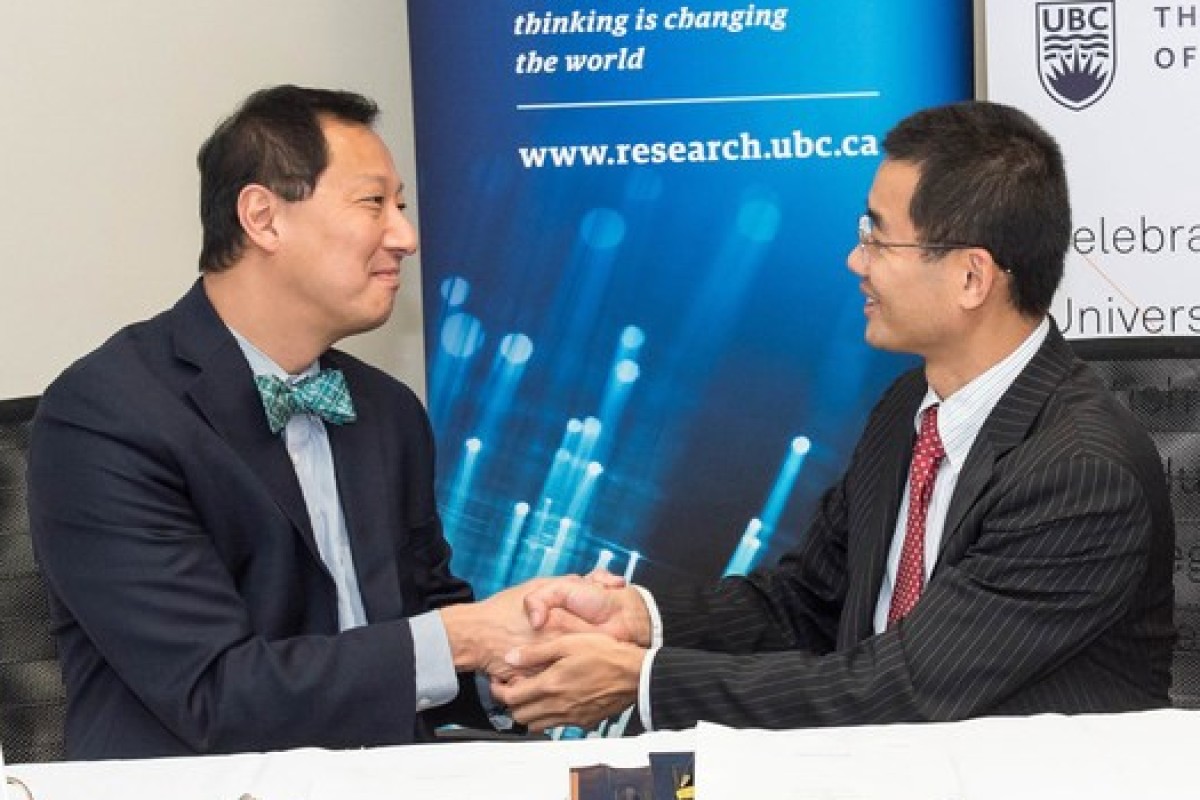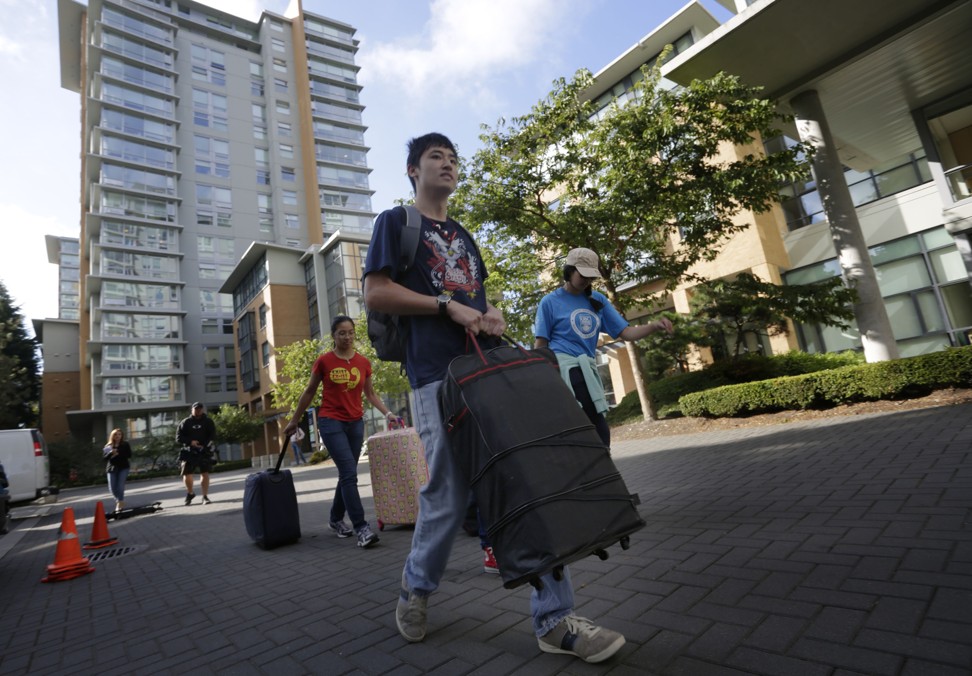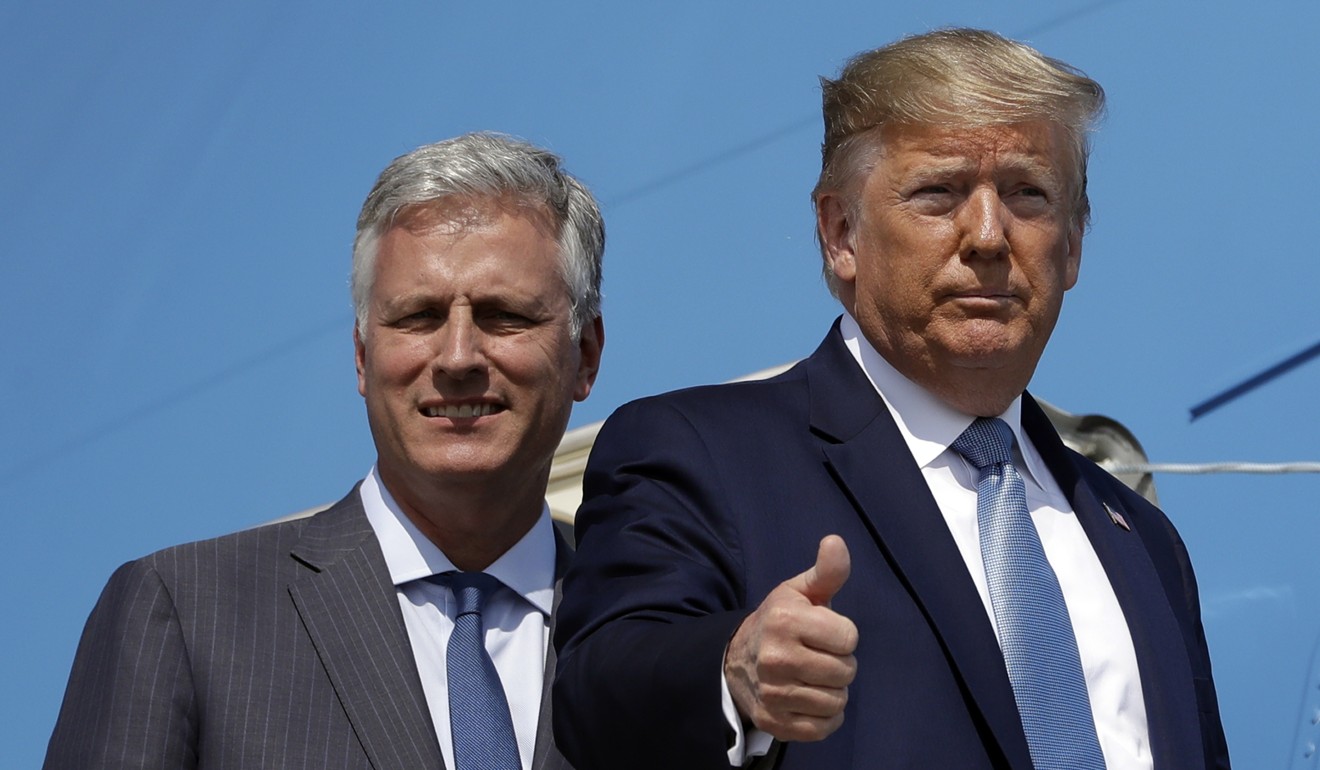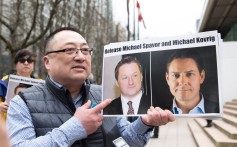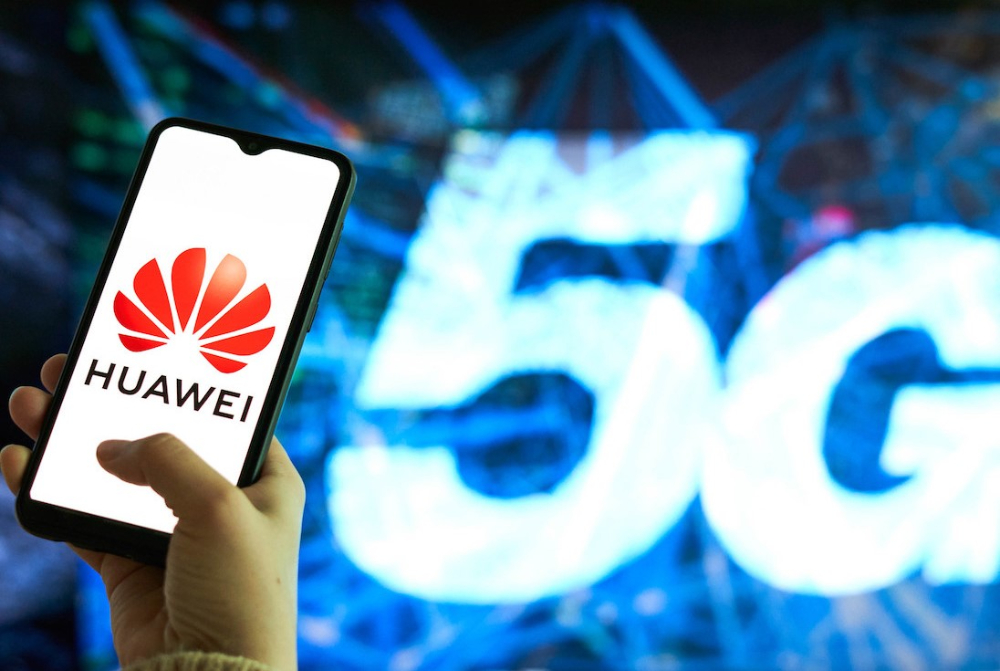
Beijing hit out at Canada for banning telecoms giants Huawei and ZTE
Fri, May 20, 2022
Beijing hit out at Canada for banning telecoms giants Huawei and ZTE from Canadian 5G networks on Friday, calling Ottawa's concerns for security risks "groundless" and warning of retribution.
Canada's long-awaited measure on Thursday follows the United States and other key allies, and comes on the heels of a diplomatic row between Ottawa and Beijing over the detention of a senior Huawei executive on a US warrant, which has now been resolved.
The United States has warned of the security implications of giving Chinese tech companies access to telecommunications infrastructure that could be used for state espionage.
Both Huawei and Beijing have rejected the allegations.
"China is firmly opposed to this and will conduct a comprehensive and serious assessment," foreign ministry spokesman Wang Wenbin told reporters in response to the 5G block.
"The Canadian side has excluded these Chinese companies from the Canadian market under the pretext of groundless security risks and without any solid evidence."
He added that Beijing would "take all necessary measures" to protect Chinese companies.
"This move runs counter to market economy principles and free trade rules," he said, accusing the Canadian government of "seriously damaging the legitimate rights and interests of Chinese companies."
Canada had been reviewing the 5G technology and network access for several years, repeatedly delaying a decision that was first expected in 2019.
It remained silent on the telecoms issue after China jailed two Canadians -- diplomat Michael Kovrig and businessman Michael Spavor -- in what observers believed was in retaliation for the arrest of Huawei chief financial officer Meng Wangzhou in Vancouver in December 2018 at the request of the United States.
All three were released in September 2021 after Meng reached a deal with US prosecutors on the fraud charges, ending her extradition fight.
But Canadian Industry Minister Francois-Philippe Champagne made the 5G announcement on Thursday, citing the "intention to prohibit the inclusion of Huawei and ZTE products and services in Canada's telecommunication systems."
Champagne said Canadian telecommunications companies "will not be permitted to include in their networks products or services that put our national security at risk."
"Providers who already have this equipment installed will be required to cease its use and remove it," he said.
- 'Hostile actors' -
Huawei already supplies some Canadian telecommunications firms with 4G equipment.
Most, if not all, had held off using Huawei in their fifth-generation (5G) wirelesss networks that deliver speedier online connections with greater data capacity. Others have looked to other suppliers while Ottawa hemmed and hawed.
Canadian Public Safety Minister Marco Mendicino warned Thursday of "many hostile actors who are ready to exploit vulnerabilities" in telecom networks.
The United States, Australia, Britain, New Zealand, Japan and Sweden have already blocked or restricted the use of Huawei technology in their 5G networks.
The US government considers Huawei a potential security threat due to the background of its founder and CEO Ren Zhengfei, a former Chinese army engineer who is Meng's father.
The concern escalated as Huawei rose to become the world leader in telecoms networking equipment and one of the top smartphone manufacturers.
Beijing also passed a law in 2017 obliging Chinese companies to assist the government in matters of national security.
The decision could prove to be "a major expense for Canada," Kendra Schaefer, tech policy researcher at consultancy Trivium China, told AFP.
"Not only have local telecom providers already invested... in Huawei equipment, but additionally they are going to go back and have to rip out everything they've already installed," she added.
ehl-tjx/apj/dhc
Canada to ban China's Huawei, ZTE from 5G networks
Canada's government has said it will ban the use of the two Chinese telecommunications giants' 5G gear due to national security concerns. The move follows similar restrictions in other Western countries.

Huawei is the biggest global supplier of network gear for phone and internet companies
Chinese telecommunications giants Huawei and ZTE will be banned from Canada's high-speed 5G networks, Canadian government officials said on Thursday.
The decision was widely expected, though it had been delayed amid diplomatic tensions between Beijing and Ottawa.
Canadian Industry Minister Francois-Philippe Champagne said wireless carriers "will not be permitted to include in their networks products or services that put our national security at risk."
"Providers who already have this equipment installed will be required to cease its use and remove it," he said.
Canada cites security concerns
Public Safety Minister Marco Mendicino said the innovation "represents a major opportunity for competition and growth" but "also comes risks."
"There are many hostile actors who are ready to exploit vulnerabilities in our defenses," he said.
Canada's allies in the Five Eyes intelligence-pooling group — the United States, the United Kingdom, Australia and New Zealand — had already banned Huawei.
Huawei, seen as a symbol of China's progress in becoming a technological world power, is a subject of US security and law enforcement concerns.
Washington has lobbied allies to exclude Huawei from 5G mobile networks over concerns that Beijing could pressure the company into cyberespionage. China and Huawei have denied the claims.
The decision was first expected in 2019, but the move had been repeatedly delayed amid a diplomatic row between Canada and China over the detention of a senior Huawei executive Meng Wanzhou on a US warrant.
China subsequently jailed two Canadians after the arrest. All three were released in September.
HUWAEI GOT ITS START BY HACKING CANADIAN TECH COMPANY; NORTEL, THEN ONCE IT COLLAPSED THEY BOUGHT ALL OF NORTEL'S TECH PATENTS
SEE LA REVUE GAUCHE - Left Comment: Search results for NORTEL

